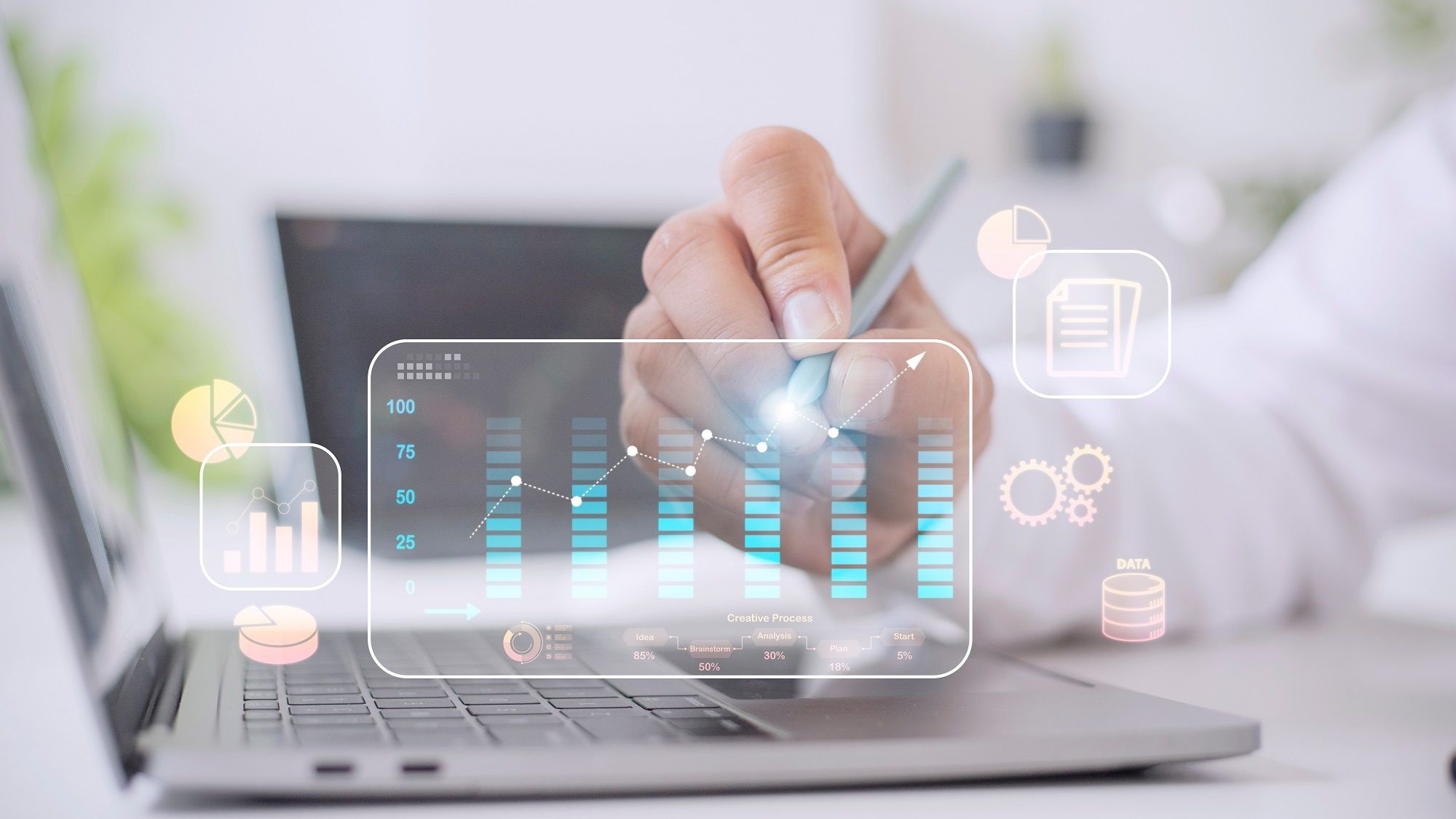Managing maintenance expenses is one of the most challenging aspects of property management. From tracking costs to ensuring proper allocation of funds, the process can quickly become overwhelming, especially for businesses handling multiple properties. This is where accounting software for property management becomes an invaluable tool. Offering streamlined financial oversight and powerful features, it simplifies the management of maintenance expenses, reducing stress and boosting efficiency.
Below, we’ll explore the key benefits of using property accounting software, supported by trends and data highlighting its effectiveness.
A Centralized Platform for Expense Tracking
One of the standout benefits of property accounting software is its ability to centralize your financial data. Managing maintenance expenses typically involves juggling spreadsheets, invoices, and receipts, which can lead to errors and inefficiencies. Property accounting software consolidates all relevant data into one comprehensive platform.
According to recent studies, businesses using financial software have reduced administrative errors by as much as 42 percent. By automating processes like expense tracking and invoice management, property owners gain better visibility into where their money is going.
A centralized system allows you to monitor expenses in real-time, ensuring every dollar spent on maintenance is accounted for. This not only improves transparency but also equips property managers with actionable insights to make informed decisions.
Budgeting Becomes More Accurate
Budgeting is essential for managing maintenance expenses effectively, but traditional methods often fall short of capturing the full picture. Property accounting software offers advanced budgeting tools that take historical data, current trends, and projected costs into account to create precise budgets.
Statistics show that organizations using property accounting software can boost their budgeting accuracy by up to 30 percent. By forecasting potential expenses, you can allocate resources more strategically, ensuring there’s always enough funding for vital maintenance tasks. This level of planning prevents unexpected shortfalls and reduces financial stress.
The ability to distinguish between planned maintenance (routine upgrades or inspections) and reactive maintenance (unplanned repairs) further helps property managers prioritize expenditures. Ultimately, this results in better cost control and reduced financial waste.
Automated Reports Save Time and Effort
Generating detailed expense reports is a time-consuming endeavor without the right tools. Property accounting software automates report creation, cutting back on manual labor and providing clear, concise overviews of maintenance spending.
Research reveals that automating reporting processes saves businesses up to 15 hours per week on average. With property accounting software, you can produce customized reports in seconds, offering insights that would have otherwise taken hours to compile.
These reports help property managers identify spending patterns, track trends, and pinpoint areas for improvement. They empower you to identify where costs can be optimized, ensuring every dollar spent contributes to the upkeep and value of your properties.
Gain Real-Time Financial Insights
Real-time financial tracking is critical, especially when managing multiple properties. Property accounting software provides live updates on all financial transactions, enabling property managers to stay up-to-date on maintenance expenses.
For example, you can immediately see how much has been spent on repairs for a specific property, compare it to allocated budgets, and take action if costs begin to exceed limits. Studies suggest that real-time data access helps reduce overspending by 25 percent, as managers can take immediate corrective measures.
By having this level of control, property managers can maintain better financial health for their portfolios, ensuring that maintenance needs are met without blowing the budget.

